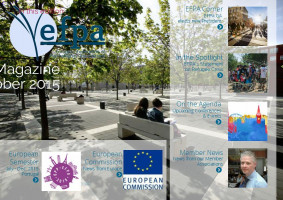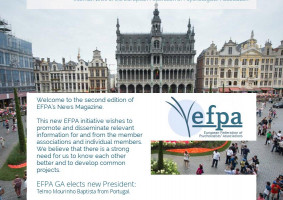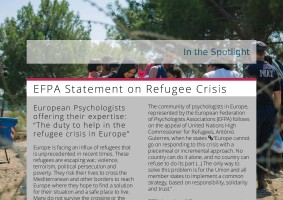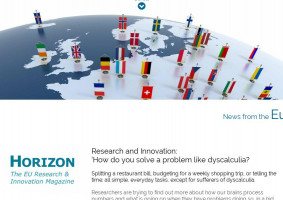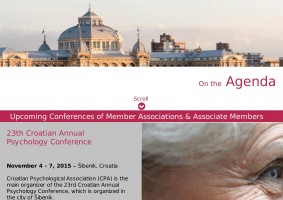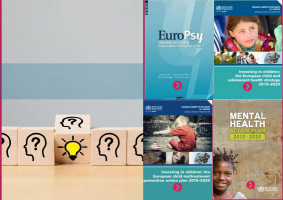European Psychologists offering their expertise: “The duty to help in the refugee crisis in Europe”
Europe is facing an influx of refugees that is unprecedented in recent times. These refugees are escaping war, violence, terrorism, political persecution and poverty. They risk their lives to cross the Mediterranean and other borders to reach Europe where they hope to find a solution for their situation and a safe place to live. Many do not survive the crossing or the exploitation by traffickers, as we have seen recently. While humanitarian support is improving and some EU countries take up large numbers of migrants, they generally face huge difficulties in finding a new place to live, accommodating to their new environment, building up a new life amidst prejudice and hostility, and coping with mental health problems caused by their stressful experiences.
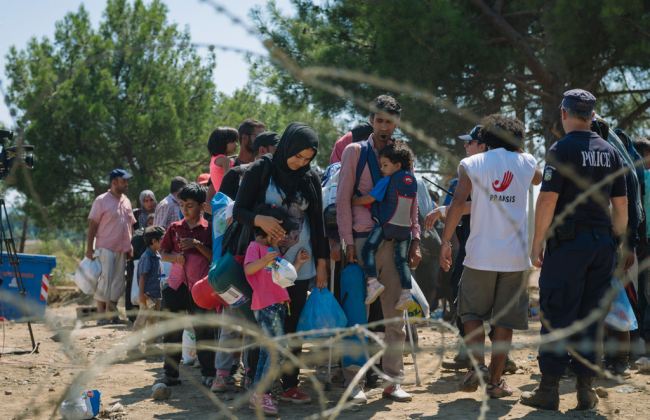
The community of psychologists in Europe, represented by the European Federation of Psychologists Associations (EFPA) follows on the appeal of United Nations High Commissioner for Refugees, António Guterres, when he states “Europe cannot go on responding to this crisis with a piecemeal or incremental approach. No country can do it alone, and no country can refuse to do its part (…) The only way to solve this problem is for the Union and all member states to implement a common strategy, based on responsibility, solidarity and trust.”
EFPA is urging all European governments, agencies, communities and responsible parts to involve the European psychologists in the efforts to deal with the refugee crisis, coordinating with the member organizations of EFPA available in 36 countries.
EFPA is also urging all psychologists in Europe to make their competence available to those trying to help in this situation, both nationally and internationally. As Prof. dr. Telmo Mourinho Baptista – President of EFPA states:
We share the responsibility to use our competence in trauma, grief, the consequences of loss of community and difficulty in adaptation to new life conditions, to the best of society in this humanitarian catastrophe.
Read the full statement of EFPA on our website
